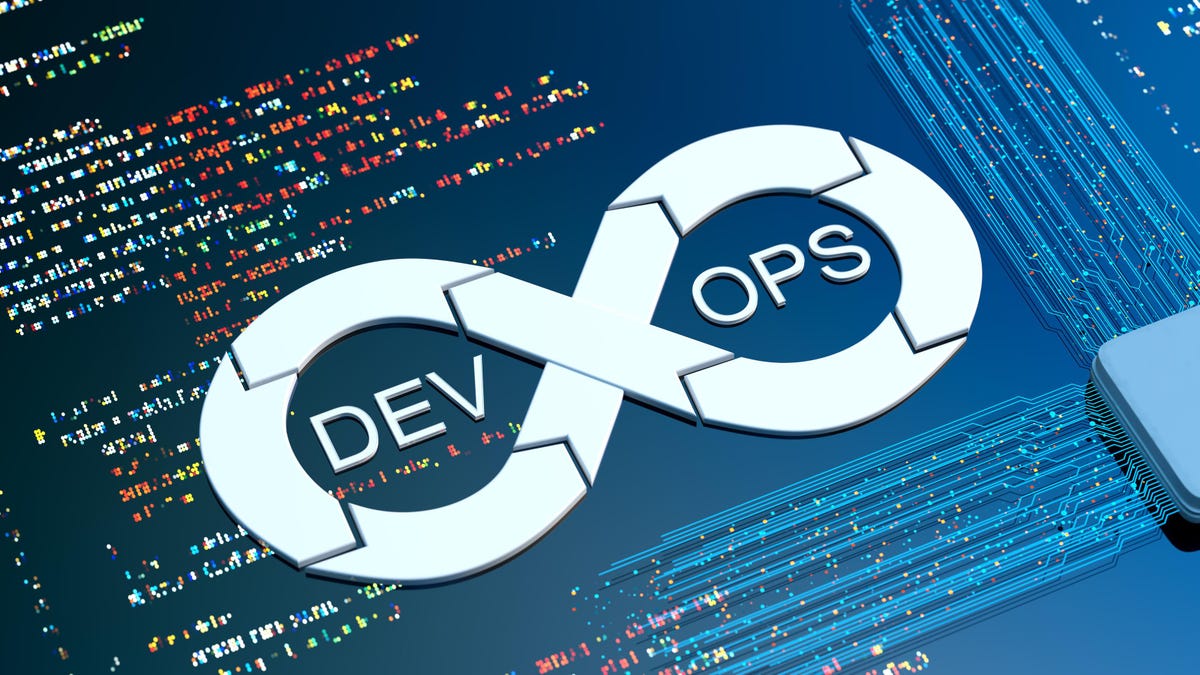
Introduction
In today’s fast-evolving tech landscape, DevOps has emerged as a crucial discipline that bridges the gap between software development and IT operations. It enhances collaboration and productivity by automating and streamlining the processes involved in software deployment and infrastructure changes. If you’re considering a career in DevOps, enrolling in a comprehensive DevOps training course is a great step forward. At Kelly Technologies, we offer top-notch DevOps Training in Hyderabad that equips you with the skills needed to excel in this dynamic field. But before you dive in, let’s discuss the prerequisites that will help you make the most of your DevOps training.
1. Basic Understanding of Software Development and IT Operations
DevOps is all about integrating development and operations. Hence, a foundational knowledge of software development and IT operations is essential. You should be familiar with coding, scripting, and the lifecycle of software development. Knowing how to troubleshoot and manage IT infrastructure will give you a solid start.
2. Knowledge of Programming Languages
While you don’t need to be a programming expert, understanding at least one programming or scripting language is beneficial. Languages commonly used in DevOps include Python, Ruby, Java, and JavaScript. Python, in particular, is highly favored due to its simplicity and wide range of applications in automation.
3. Familiarity with Version Control Systems
Version control systems (VCS) like Git are fundamental to DevOps practices. They allow teams to collaborate on code, track changes, and manage different versions of a project. Familiarity with Git, including creating repositories, branching, merging, and resolving conflicts, is a key prerequisite.
4. Basic Understanding of Networking Concepts
Networking knowledge is crucial since DevOps involves managing servers and deploying applications in cloud environments. Understanding concepts like IP addressing, DNS, HTTP/HTTPS, firewalls, and load balancing will be advantageous.
5. Experience with Linux/Unix Systems
Many DevOps tools and environments operate on Linux/Unix systems. Therefore, having experience with Linux/Unix commands, shell scripting, and system administration is highly beneficial. Understanding how to navigate and perform basic tasks in these operating systems is often required.
6. Familiarity with Cloud Computing
Cloud platforms such as AWS, Azure, and Google Cloud are integral to DevOps practices. Basic knowledge of cloud computing concepts, services, and deployment models will help you understand how to leverage these platforms for scalable and efficient operations.
7. Problem-Solving and Analytical Skills
DevOps engineers often encounter complex issues that require strong problem-solving and analytical skills. Being able to quickly diagnose problems, analyze logs, and understand system behavior is essential for maintaining smooth operations and continuous delivery pipelines.
8. Willingness to Learn and Adapt
DevOps is a continuously evolving field with new tools, practices, and technologies emerging regularly. A willingness to learn and adapt to these changes is crucial. Staying updated with the latest trends and continuously improving your skill set will ensure long-term success in your DevOps career.
Join Kelly Technologies for DevOps Training in Hyderabad
If you’re ready to embark on your DevOps journey, Kelly Technologies’ DevOps Course in Hyderabad is the perfect place to start. Our comprehensive course is designed to equip you with the necessary skills and hands-on experience to excel in the field. Whether you’re a beginner or an experienced professional looking to enhance your skills, our training program will help you achieve your career goals. | smallbizblog